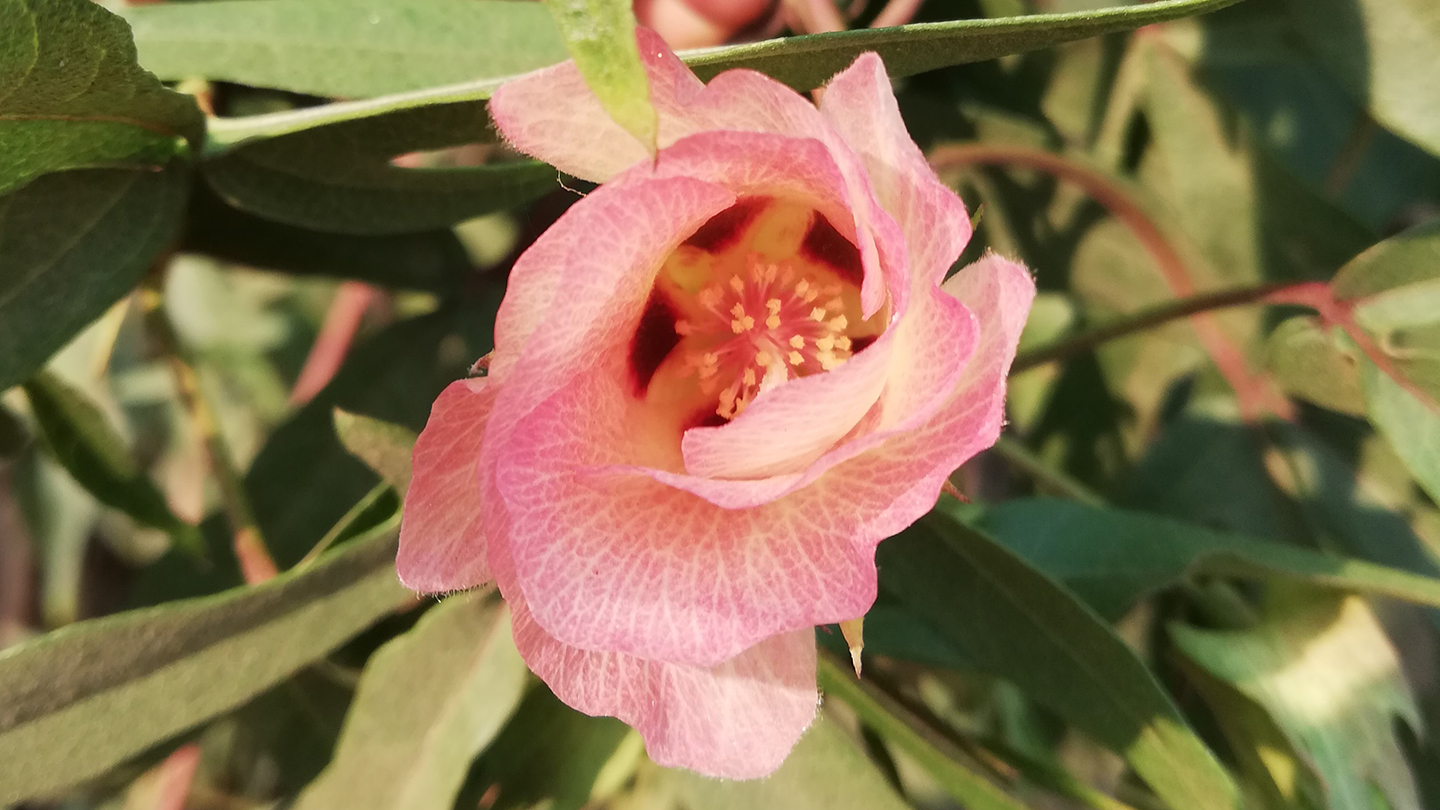In the article from Science News, it was found in a study that acquired herbicide resistance and insecticide genes are able to disrupt cotton's ecosystem. These wild cotton have made it possible in the way that they are able to change their genetic modification to release excess nectar, therefore allowing more ants to keep insects and pollinators away from them. These genes are known as escape genes, it is when their genes are genetically modified to the extent that the cotton crops have produced very different native plants and changing their biology and how it interacts with the insects.
Wild cotton is a species that can be found in Mexico as it is one of its centers of origin. In a recent study, it was shown that the transgenic offspring that were tested produced insecticides (Bt toxins) and those resistant to glyphosate. Since the study was conducted, the number of wild cotton varied greatly in the amount of nectar that it was producing and the ants that were feeding off of the plant.
As the environment is changing, plants also sometimes start modifying their genes to try and adjust to them which sometimes leads to them producing and attracting different kinds of pollinators as previously stated. When this change occurs it also affects the ants because they normally are the ones who defend the plants against pest insects.

I never knew that herbicide resistance and insecticide genes can disrupt cottons ecosystem! I think its crazy how plants and species can adapt and modify themselves due to environmental conditions. Though, I never took the time to consider how these changes would affect different kinds of pollinators or animals.
ReplyDelete